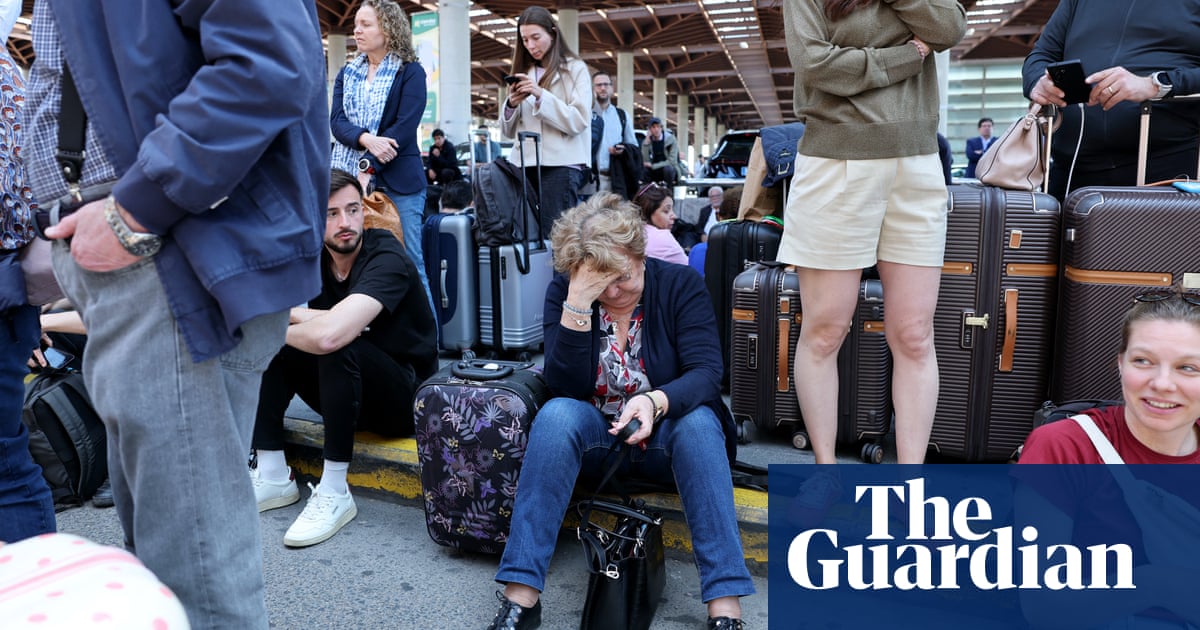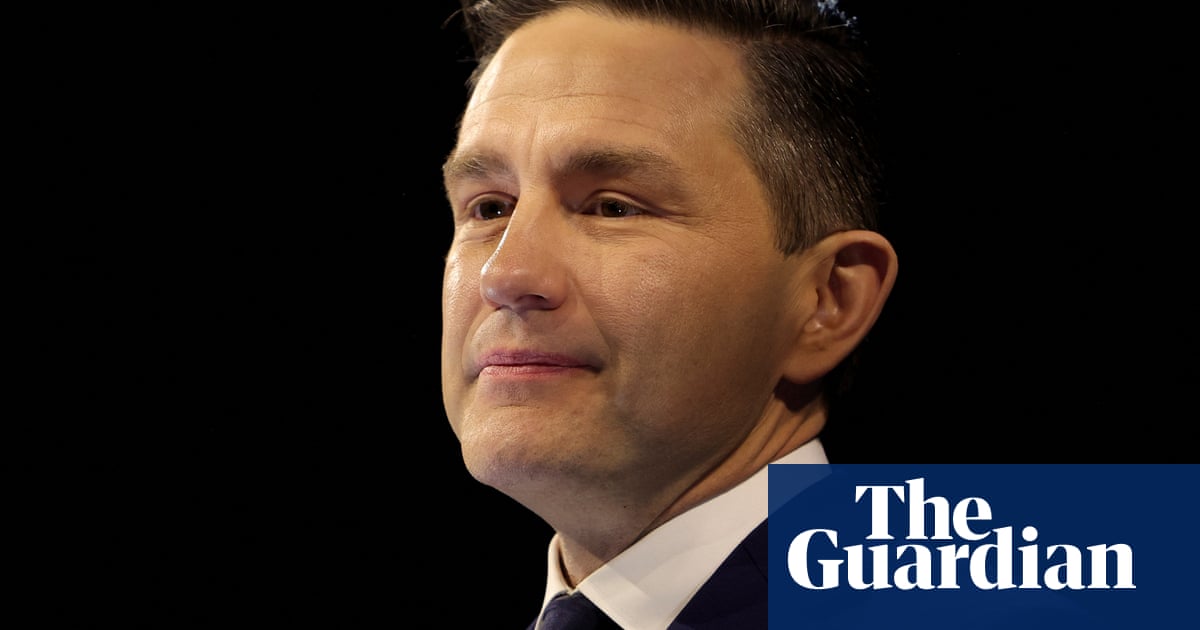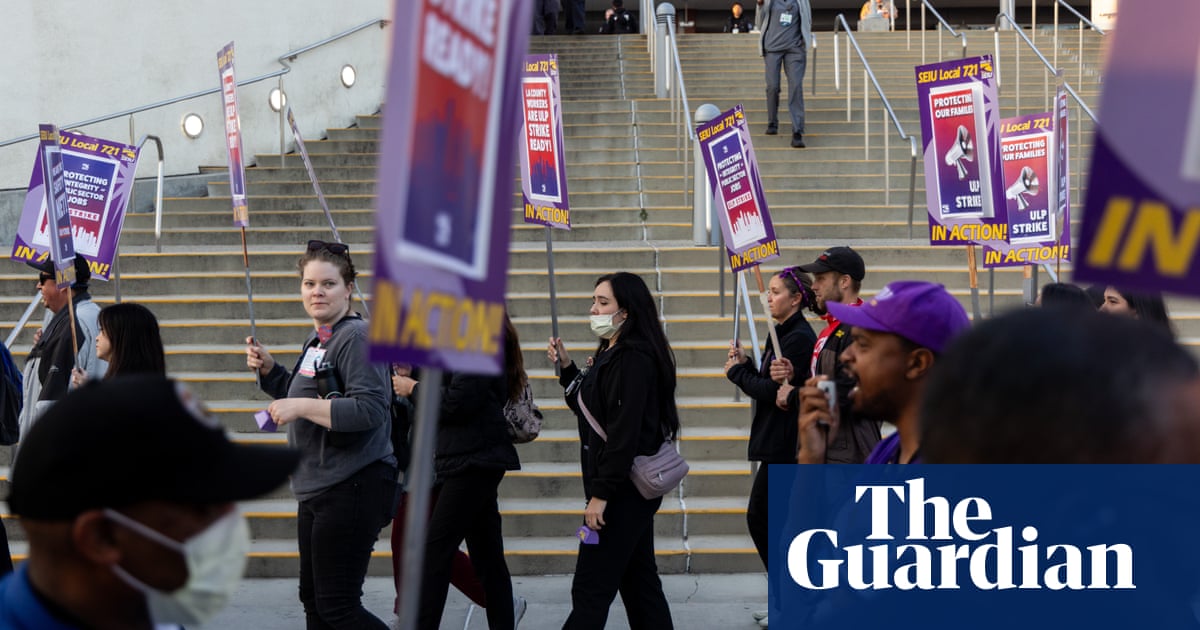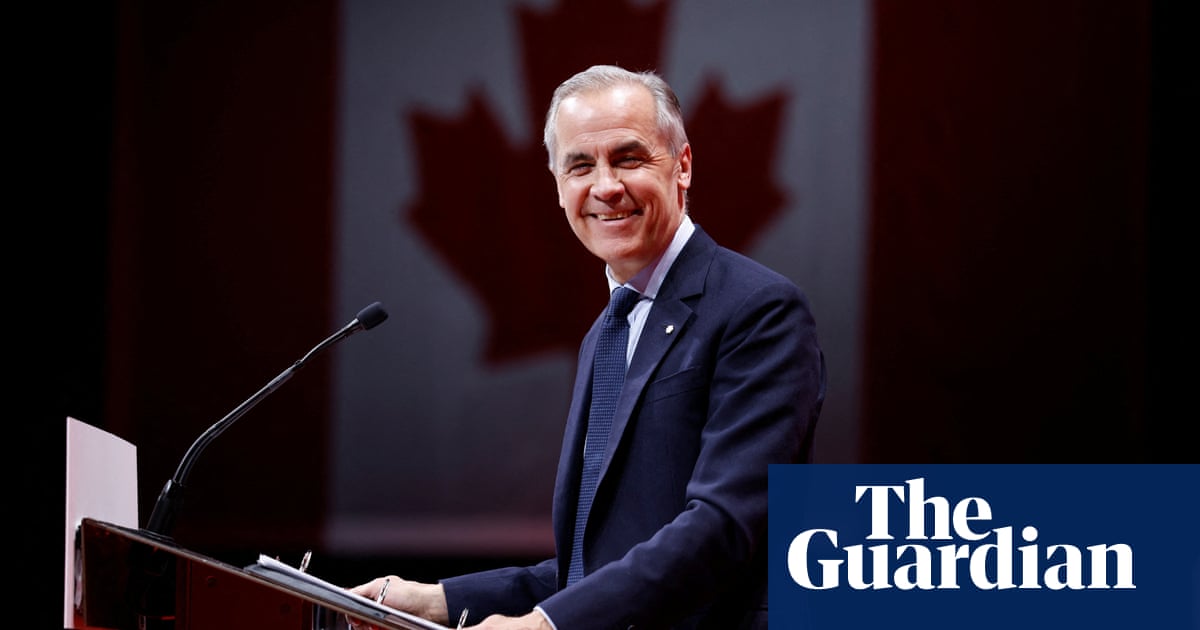It’s taken Deliveroo more than a decade to do it, but this month, the company made an annual profit for the first time. This might come as a surprise. If you live in London, you probably see one of the 15,000 or so couriers like me zooming past you several times a day. And with Covid triggering a takeaway boom five years ago, you’d reasonably assume that these apps are raking it in.
But while companies such as Deliveroo and Uber have been pumped full of cash by investors, many have been losing money year after year, as they tried to squeeze competition out of the market. Twelve years into its existence, Deliveroo has finally made good on the promise to its investors and turned into a moneymaker, recording a £3m profit.
Want to know how they’ve done it? I’m proud to tell you that it’s all down to me – and thousands of other riders like me. I’ve worked for Deliveroo for much of its existence, and in that time I’ve gone from being a recognised employee with full rights on a fixed wage to being technically self-employed with no rights, and my real-term, take-home pay squashed.
I’ve been knocked off my bike eight times since I started as a courier in 2016. After my worst collision, in 2020, I couldn’t afford to stop working. I had to drag myself back on to my bike and carry on with my shift. I’ve heard countless similar stories from other riders. If I’m honest, almost everyone I know who delivers on a bike has been hit by a car at some point. Many suffer bumps and bruises and just dust themselves off and continue. One rider told me he broke his finger recently. Another broke his arm and still suffers mobility issues with his shoulder many months later.
The dangers we face when riding are not recognised in our pay. Base rates were cut in 2019, resulting in widespread protests, with couriers in London reportedly earning as little as £2.90 a delivery. Research by Possible, in partnership with my union, the IWGB, suggests that about one in five couriers in the gig economy make the equivalent of the London living wage.
All of this falls disproportionately on those people who are already marginalised. Gig economy workers are more likely to be from a minority ethnic background compared to the labour market as a whole, and further, as Focus on Labour Exploitation (Flex) notes in its 2021 report, migrant workers are overrepresented in urban settings.
In addition to the downward pressure on pay, the 2023 UK supreme court ruling that Deliveroo riders are to be considered independent contractors was a guillotine to our benefits and rights, with no access to paid leave, rest breaks or a whole host of other normal entitlements for most employees.
And over recent years, our working environment has been deteriorating. In London, traffic levels have been rising since the lockdowns of 2020, making roads busier and more dangerous, especially for people walking and cycling. There were nearly 23,000 reported road accidents in London in 2023, and 80% of the people killed or seriously injured were pedestrians, cyclists or motorcyclists.
Unsurprisingly, very few of us feel safe on the roads when working under these conditions. Research suggested that more than 90% of us say we feel threatened by road hazards such as drivers when navigating the city roads, and that 80% of us prefer to ride on low-traffic routes. In far too many places, such routes just don’t exist. In inner-city London, where about one in 10 cycle journeys are undertaken by people like me delivering food, investment in protected bike lanes equates to investment in workers’ safety.
On the other side of the coin, the solidarity you see among couriers is amazing. I’m part of a WhatsApp group where we all chip in what we can afford to support injured riders while they can’t make deliveries. Many more of these mutual aid groups are popping up in cities across the country.
Ultimately, this is what has turned the first ever profit for the shareholders and bosses at Deliveroo: couriers’ pay being slashed; our rights being ripped up; working harder and harder for less and less. Meanwhile, the CEO of Deliveroo celebrated the news by selling shares to the value of £15m, while retaining 95.8m shares in the company. For me to make that sort of money, at a base rate of £2.90, I’d have to cycle to his house and drop food on his doorstep about 5m times. I’d better get on my bike.
-
Shaf Hussain is a Deliveroo rider and chair of the couriers branch of the IWGB union

 4 weeks ago
28
4 weeks ago
28













































